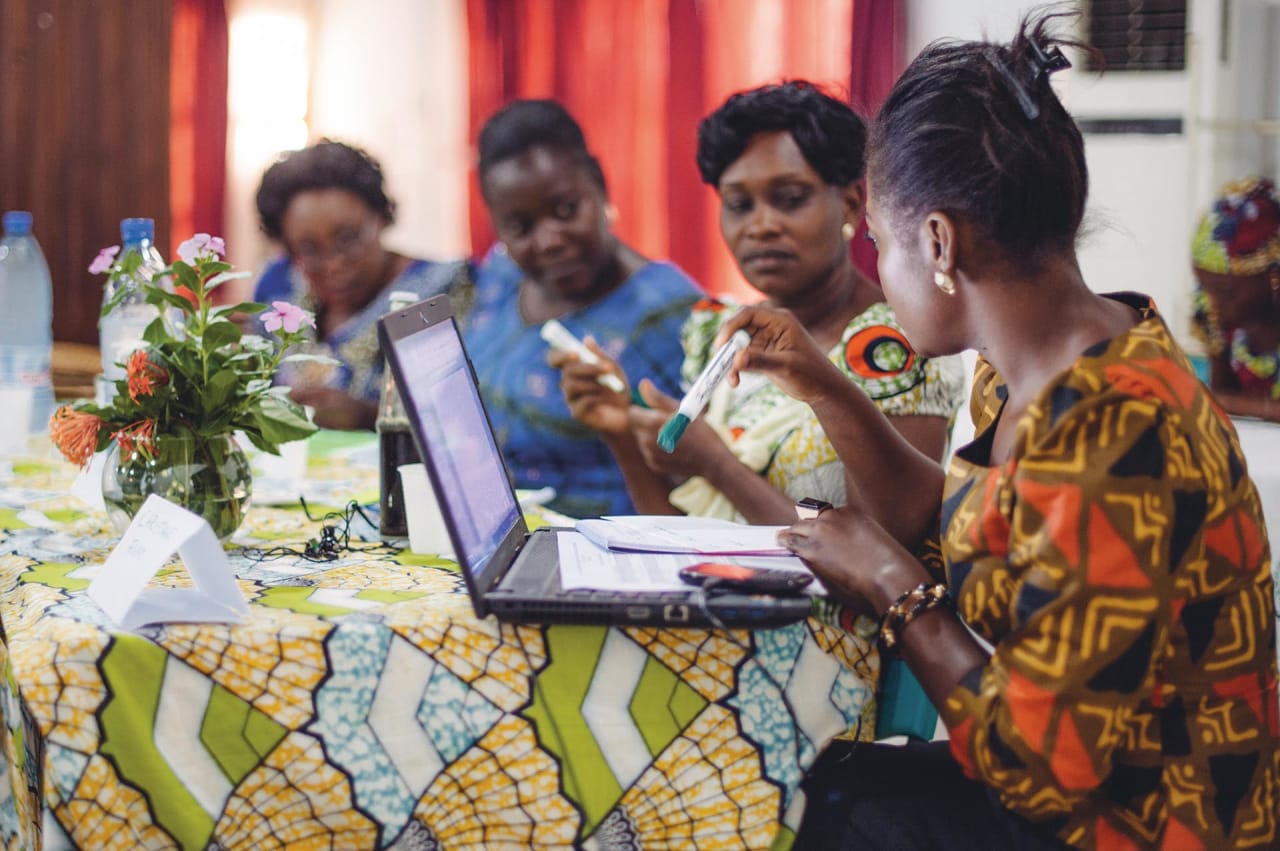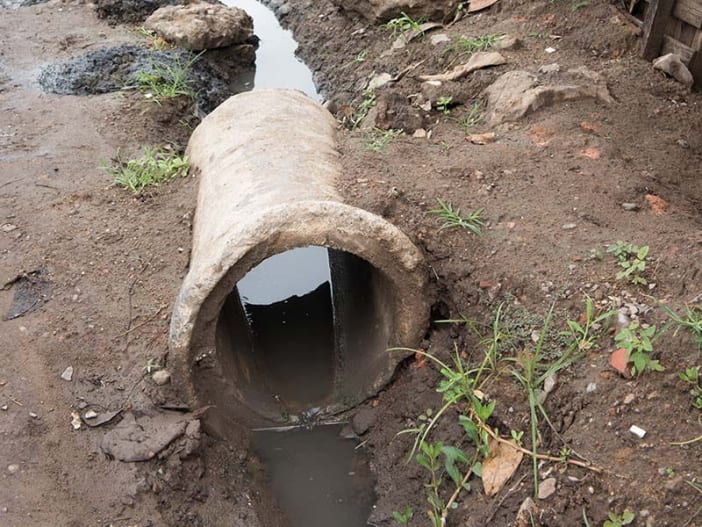By finding out relevant laws relating to land, communities can strengthen their advocacy and hold those in power to account. But where can we find these laws and policies?
National governments sign up to ‘instruments’ on issues such as land at international level. (‘Instruments’ in this context means treaties and other documents that may or may not be legally binding.) Governments are then normally meant to put these instruments into national laws, which should be put into practice at community level.
International agreements
International instruments include:
- the United Nations Declaration of the Rights of Indigenous Peoples
- the Food and Agriculture Organization of the United Nations’ Voluntary Guidelines for the Responsible Governance of Tenure
- the Convention on the Elimination of all Forms of Discrimination Against Women.
National laws and policies
A country’s laws and policies relating to land may include:
- sections of the country’s constitution concerning land, natural resources, customary or indigenous people’s rights, equality between people, and the way processes relating to land should be carried out
- any national laws that allow for documentation or registration of community lands and resources
- relevant sections of other national laws, including inheritance law, family law, environmental law, indigenous peoples law, forest law and water law.
Where to look
The internet. Your country’s constitution and various international instruments may be available online. Finding the specific national laws of your country can be more challenging. There are several websites that bring together laws and policies from different countries:
- www.fao.org/faolex FAOLEX is a database of laws, policies and agreements from around the world.
- www.landportal.org/library/search You can search this database by country, language, type of document and more.
- www.fatlm.org Click on ‘List of members’ to see the regions and countries covered by the Free Access to Law Movement.
Libraries. A librarian may be able to help locate the information needed.
Universities. You may be able to access legal resources through universities and their libraries.
Government departments (local, national and statistical offices). Contact government departments to request copies of laws and policies.
Other organisations. Other agencies may have copies of documents or know someone who does.
An example from India
India has a national law that gives its citizens the right to access government information about their legal entitlements. Tearfund’s partner Emmanuel Hospital Association (EHA) raises awareness about this law among people living in slums. EHA showed one slum community in Delhi how to request information about the services they were entitled to. As a result, the community discovered that they were entitled to a tarmac road, an electricity connection, water, sanitation, a health clinic, a school and more.
EHA showed the community how to write to local government officials and request these services. This led to several meetings with the officials. It was not always easy because the slum had developed on government land and the officials were fearful about losing ownership. However, the community persevered because they knew their rights under the law. Eventually the local government paid for the services requested.
Compiled using Tearfund’s Advocacy toolkit by Joanna Watson. See www.tearfund.org/advocacytoolkit









